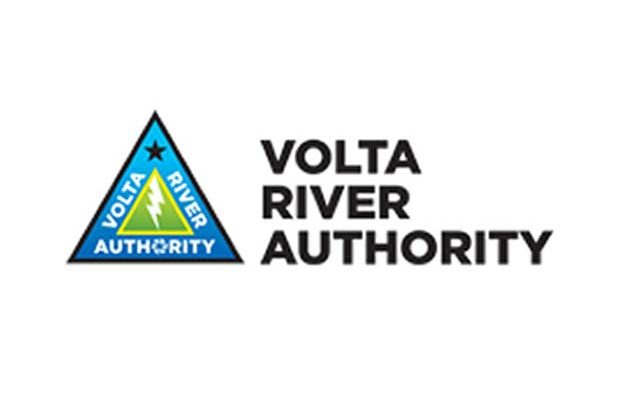The staff groups of the Volta River Authority (VRA) have expressed strong opposition to the proposed draft bill to merge the VRA with the Bui Power Authority.
The bill, which is currently before Parliament, seeks to establish an independent Thermal Power Authority from the VRA’s thermal plants.
In a communique, the staff groups stated that the proposed merger was not in the best interest of Ghanaians and would have dire consequences for the VRA and the people of Ghana.
They cited 25 reasons to support their assertion, including the fact that the VRA is efficient in operating both hydro and thermal generation plants.
The staff groups also kicked against the proposal to establish an independent Thermal Power Authority, saying it would lead to the use of national natural gas to generate power and sell at cut-throat prices to the people of Ghana and the export market.
This is not the first time the VRA staff groups have expressed opposition to the proposed merger.
In May 2024, they wrote to the management of the VRA to seek an audience and express their concerns about the proposed merger.
However, their concerns were ignored, and the management denied knowledge of any plans to privatize the thermal assets of the authority.
The VRA staff groups have vowed to resist the proposed merger and use all legitimate means to ensure that the people of Ghana are not robbed of affordable electric power and energy security under the guise of mergers and privatization.
The proposed merger is part of the government’s efforts to reform the energy sector and make it more efficient.
However, the VRA staff groups argue that the merger would lead to job losses and undermine the authority’s ability to generate power efficiently.
The VRA has a long history of generating power in Ghana, dating back to 1965 when it was established.
It has operated both hydro and thermal generation plants efficiently and has been a major player in the country’s energy sector.
The proposed merger has sparked controversy, with some stakeholders arguing that it would lead to the privatization of the VRA’s assets and undermine the authority’s ability to generate power efficiently.
Others have argued that the merger would lead to job losses and undermine the authority’s ability to contribute to the country’s energy security.
BY Daniel Bampoe


